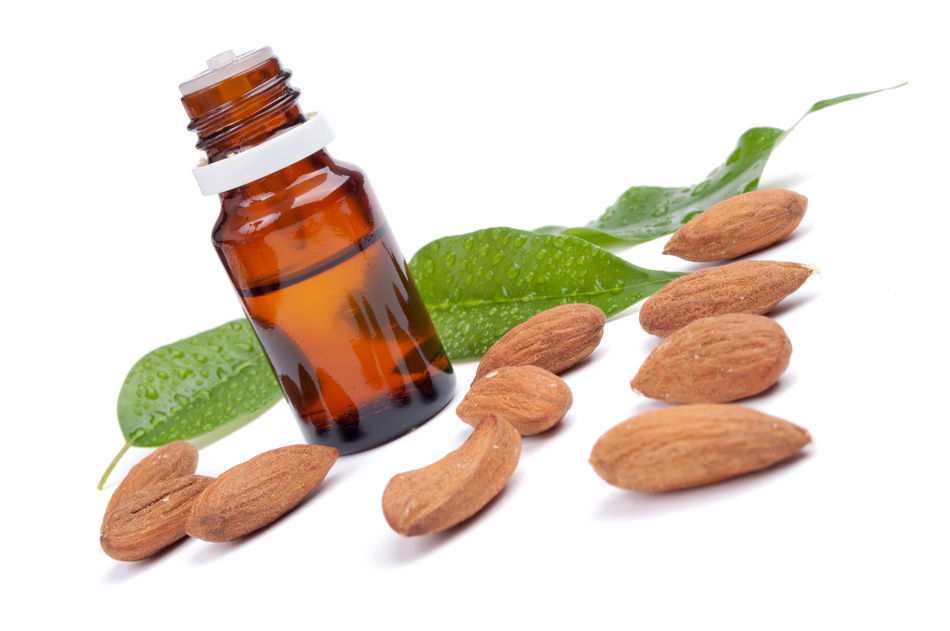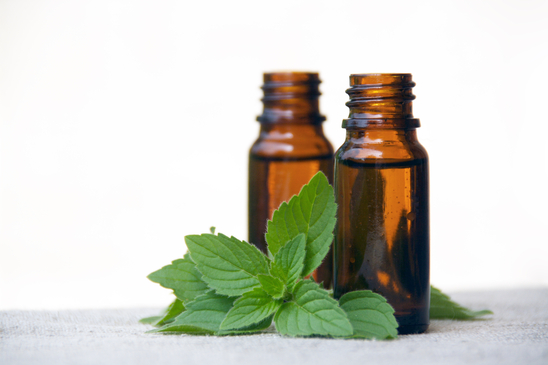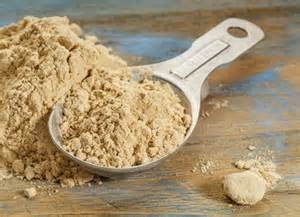The Benefit of Pineapple
 Pineapple is one of my favorite fruits. Once picked, a pineapple will not become sweeter, so if it lacks a scent, don’t buy it. Select a pineapple with a firm, plump body without bruising or soft spots and green leaves at the crown. For an overly ripe pineapple, store it upside down for a day or two before cutting it to improve its overall flavor.
Pineapple is one of my favorite fruits. Once picked, a pineapple will not become sweeter, so if it lacks a scent, don’t buy it. Select a pineapple with a firm, plump body without bruising or soft spots and green leaves at the crown. For an overly ripe pineapple, store it upside down for a day or two before cutting it to improve its overall flavor.
Pineapple is a nutrient-dense food, rather than an energy-dense food. This means that it provides a lot of nutritional benefit for a small amount of calories. It is loaded with vitamins and minerals and are one of the best foods to promote healthy digestion and ease GI problems. Eating pineapple helps avoid digestive problems like gas, bloating, upset stomach, diarrhea, burping and constipation.
Pineapple contains a proteolytic enzyme bromelain that digests food by breaking down protein proteins into their individual amino acids. Bromelain also has anti-inflammatory, anti-clotting and anti-properties. Pineapple juice relieves chronic bronchitis and has a soothing effect on a sore throat by helping to break down and dissolve excessive mucus. Bromelain has also been shown to reduce asthma inflammation by reducing markers of lung inflammation and reducing the total white blood cells, which normally increase with the onset of asthma. However, it is important to remember that not all treatments work the same for everyone.
Pineapples originated in Brazil but are mostly grown in Hawaii. They are sweet, juicy and delicious, but more importantly they are healthy. Because of its sweetness those who are diabetic or have low blood sugar level should not eat it. If you are normally healthy, the sweetness will not pose any problem and will satisfy any sweet craving.

















